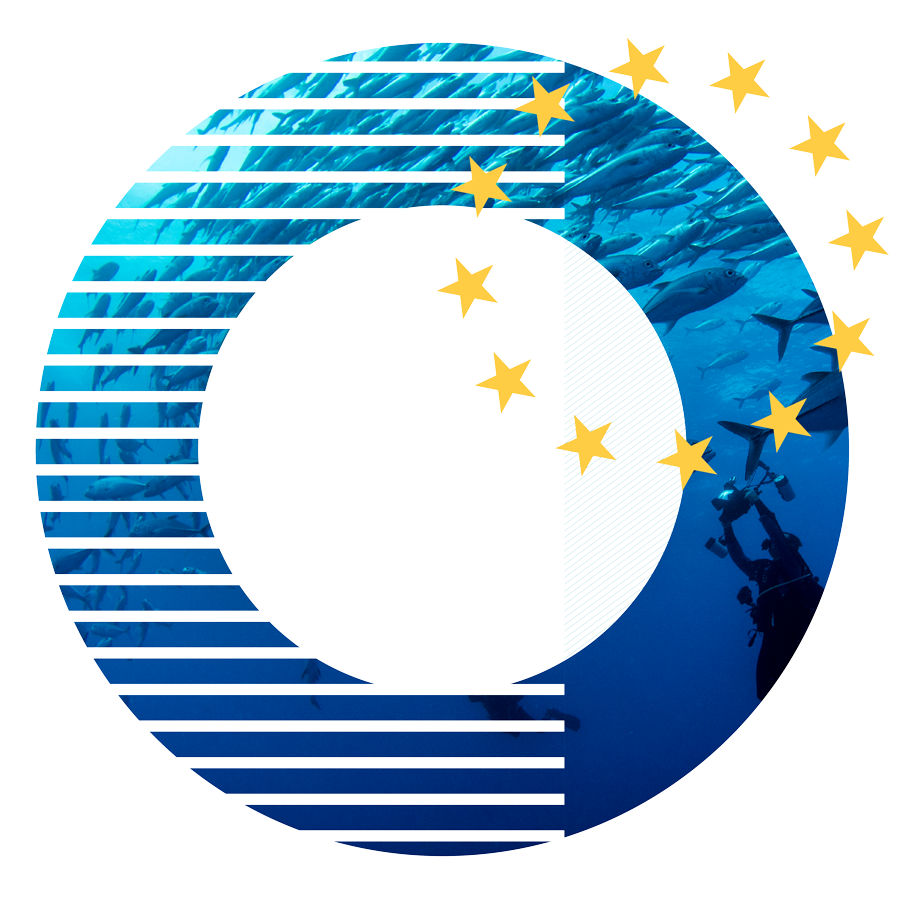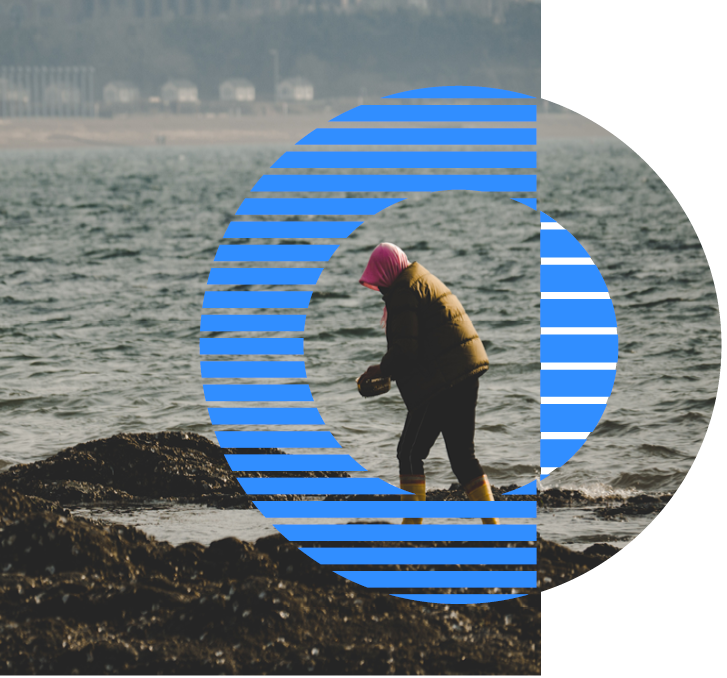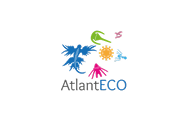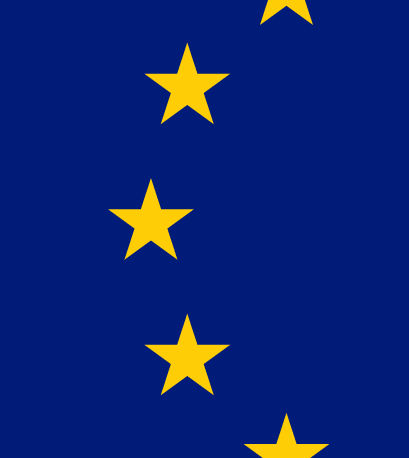
AtlantECO
AtlantECO
A Horizon Europe project
TA-funded services
Not Available
AtlantECO
Biodiversity and ocean observation

AtlantECO’s mission
AtlantECO aims to develop a novel and unifying framework that provides knowledge-based resources for a better understanding and management of the Atlantic ocean and its ecosystem services whilst engaging citizens and stakeholders from industry and policy sectors to propel responsible behaviours and Blue Growth.
EMBRC’s role in AtlantECO
EMBRC provides cutting-edge, interdisciplinary, and customised services to enhance management of the Atlantic ocean.

This project was co-funded by the European Union (GA# 862923 – AtlantECO)
Views and opinions expressed are however those of the author(s) only and do not necessarily reflect those of the European Union.
Neither the European Union nor the granting authority can be held responsible for them.


